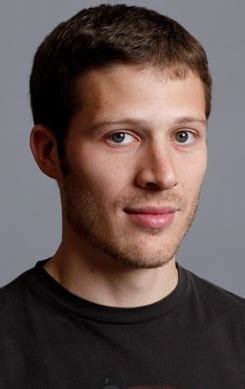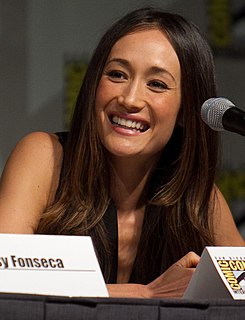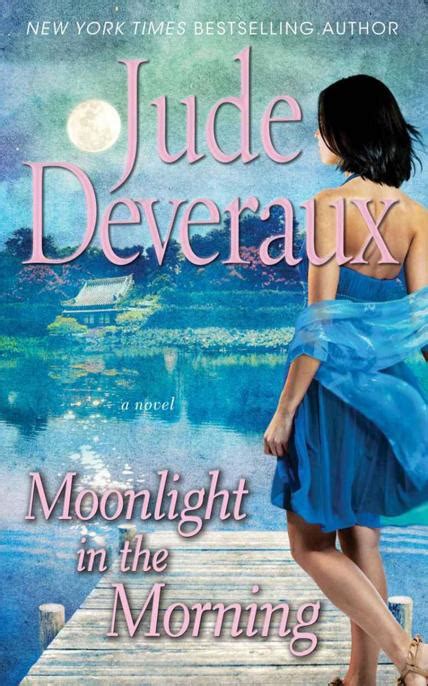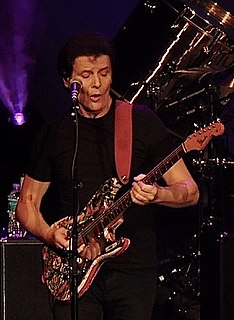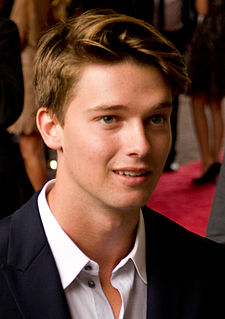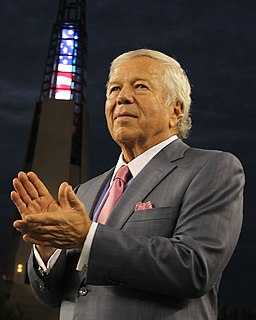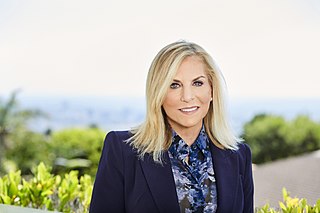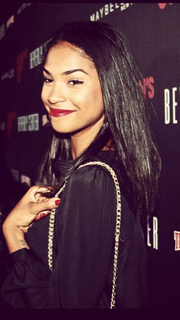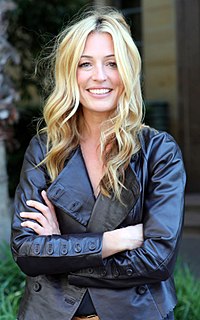A Quote by Zach Gilford
I really have no preference between TV and film. I think that each individual project is its own thing and has a very different style.
Quote Topics
Related Quotes
Every project is different. Adapting 'Robopocalypse' would be totally different than adapting, say, 'Hunger Games.' Each project has its own life and its own identity. You get into trouble when you think there's one single way to approach everything. Each project, there's a different way to attack it.
More than my other films, Uncle Boonmee is very much about cinema, that's also why it's personal. If you care to look, each reel of the film has a different style - acting style, lighting style, or cinematic references - but most of them reflect movies. I think that when you make a film about recollection and death, you have to consider that cinema is also dying - at least this kind of old cinema that nobody makes anymore.
The first thing I say when people ask what's the difference [between doing TV and film], is that film has an ending and TV doesn't. When I write a film, all I think about is where the thing ends and how to get the audience there. And in television, it can't end. You need the audience to return the next week. It kind of shifts the drive of the story. But I find that more as a writer than as a director.
I just feel like TV takes more risks than film. Film has gotten very safe: it's very compartmentalized about what type of things will be successful. And whereas in TV, since all these new platforms opened, they're saying to writers, go out there, write the most different show that you can write. Write something that's really original and different.
You should really stay true to your own style. When I first started writing, everybody said to me, 'Your style just isn't right because you don't use the really flowery language that romances have.' My romances - compared to what's out there - are very strange, very odd, very different. And I think that's one of the reasons they're selling.
To be fair to Pete, I had just come off a very difficult owner relationship with my then head coach and I was looking for a different style. So I didn't give Pete all the power he should have had. I don't think there's any exact formula for how it's done. It's really what fits each individual system.
What's interesting in scripted TV is different than what's interesting in reality TV. Each of their departments have their development process where they package things and put together the writers and put together the producers and the different elements and develop the projects. By the time you get to a network or to a studio, you're able to say this is the project, here's who the producer is, sometimes even here's who the star is, here's who the writer is. It's a well-developed project by the time it gets to the studios.
I believe very much in a dialogue between buildings - I believe it's always been there. I think buildings have different identities and live very well next to each other. We always have the shock of the new, and that's fine. The renaissance style is totally different from the medieval, and they have a dialogue across time.
